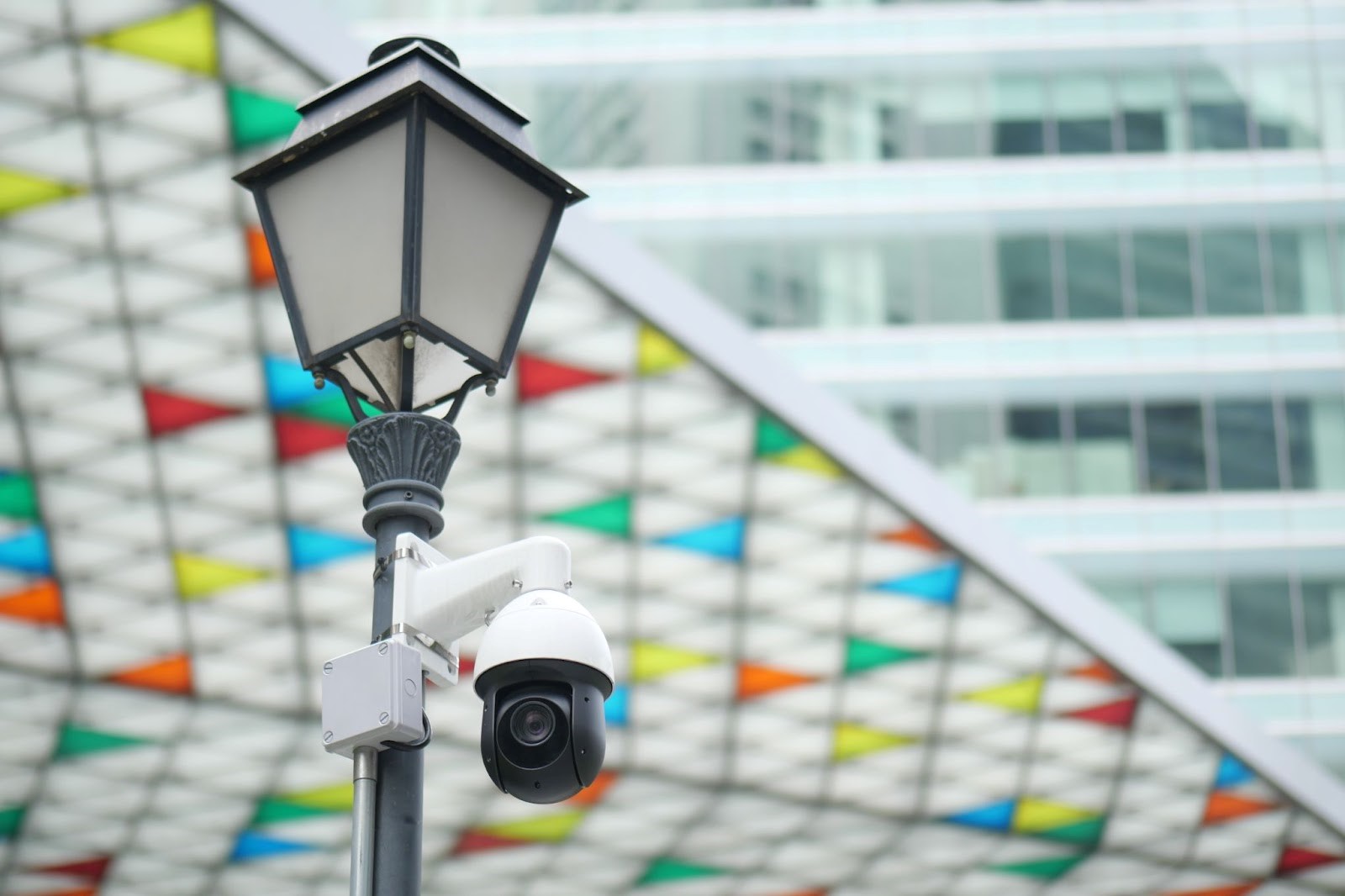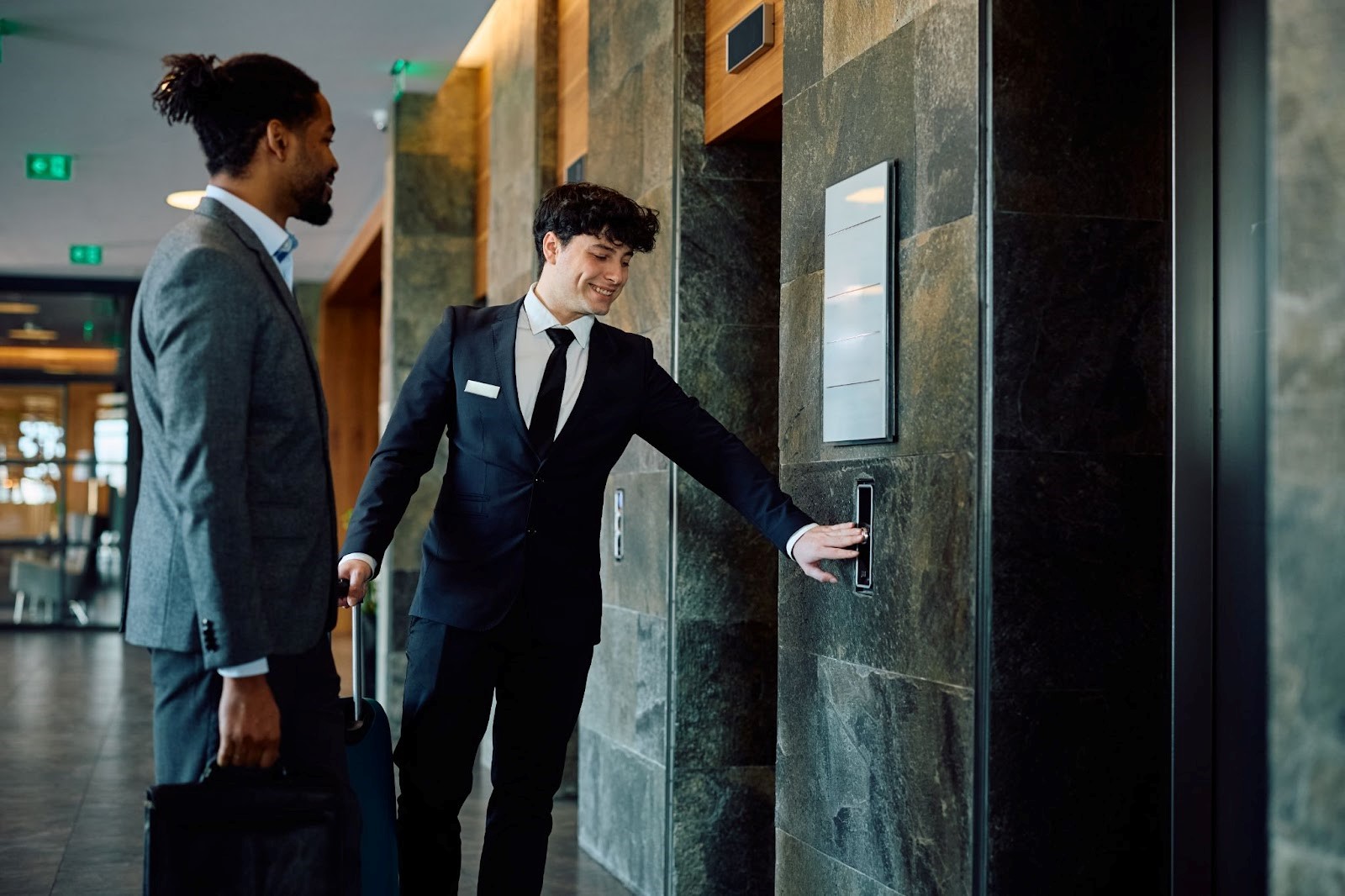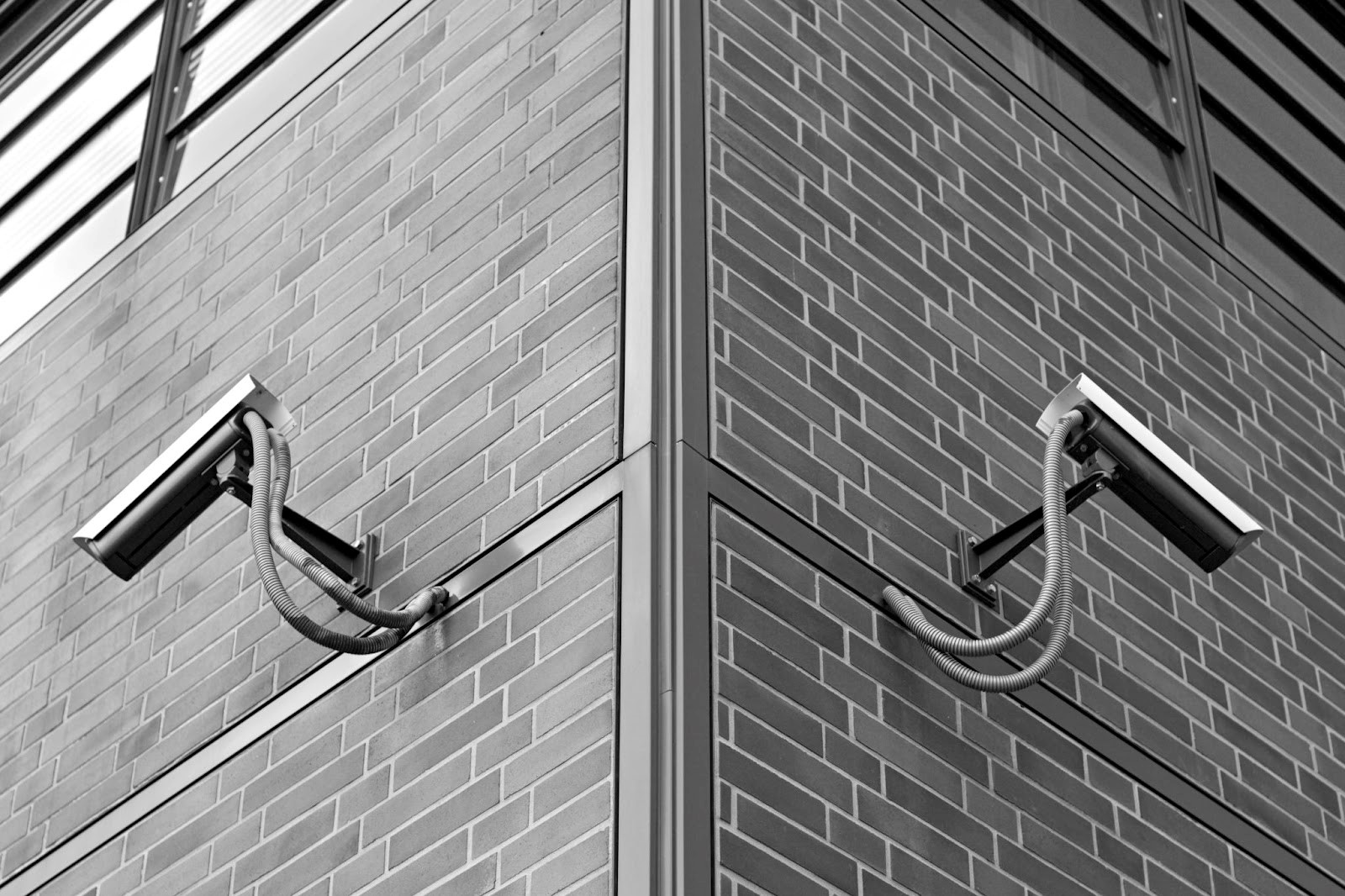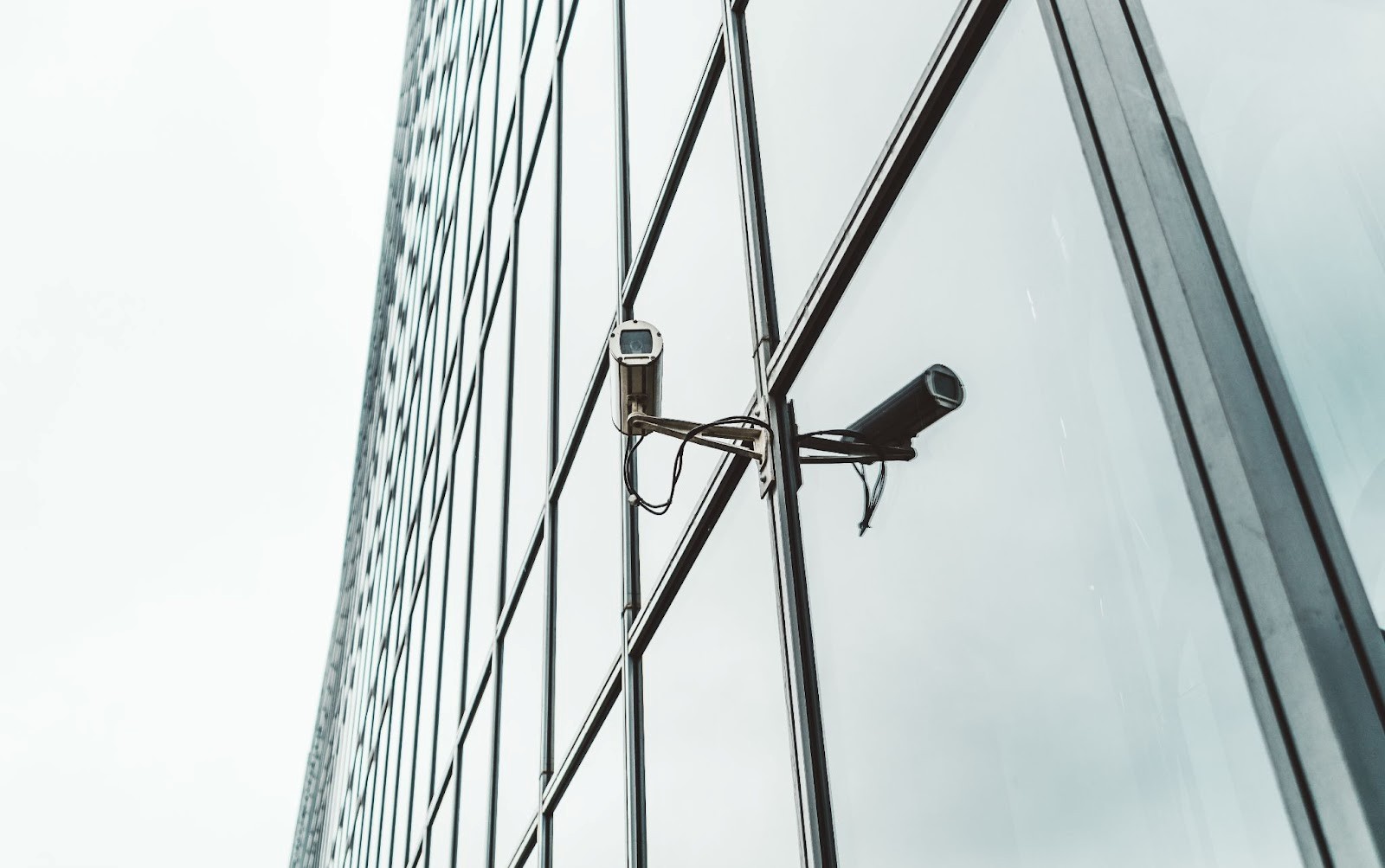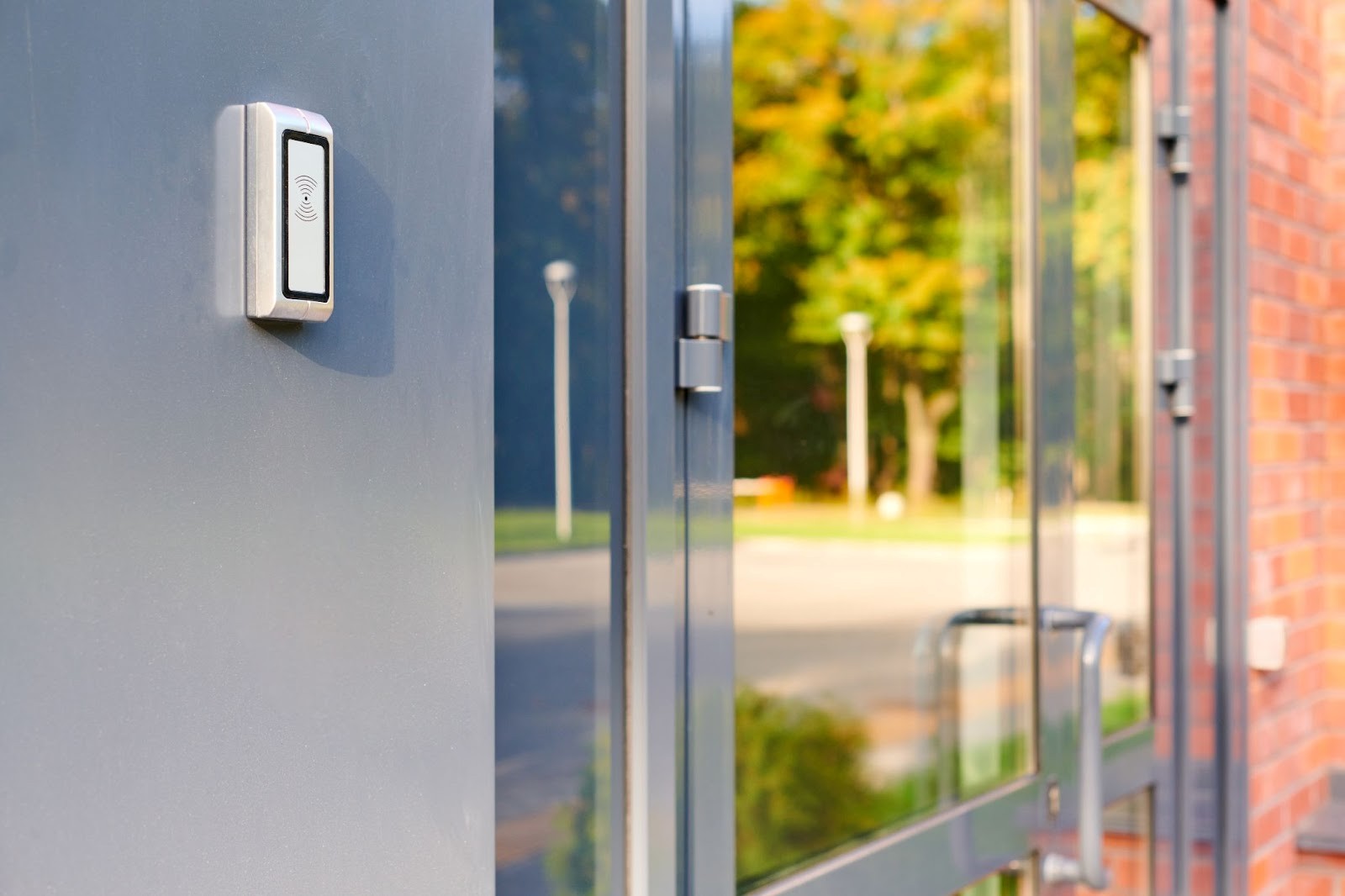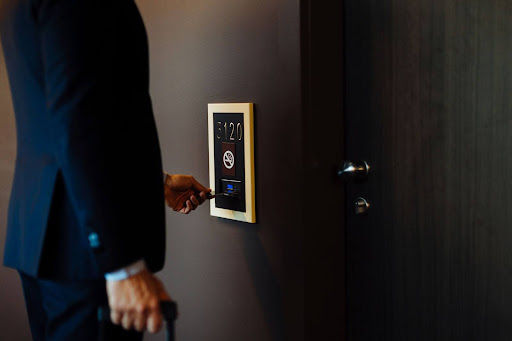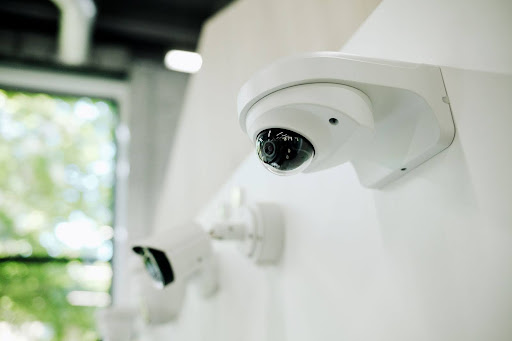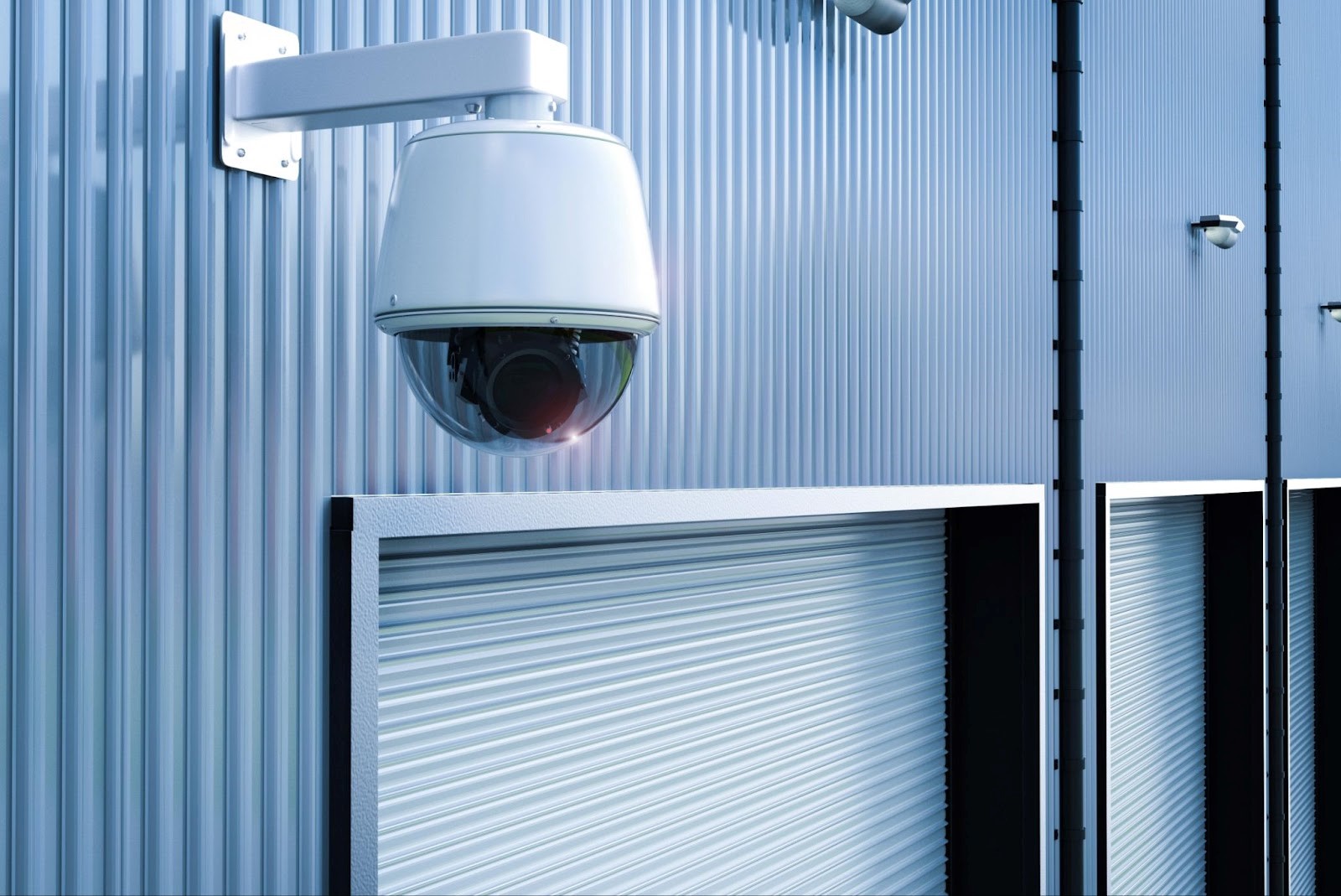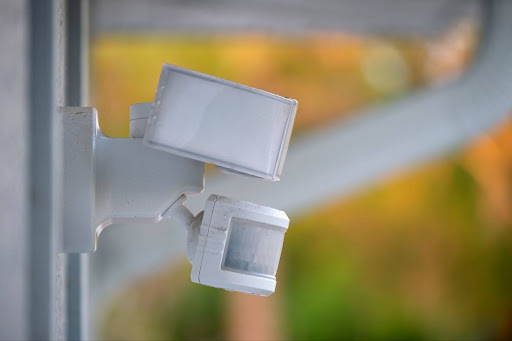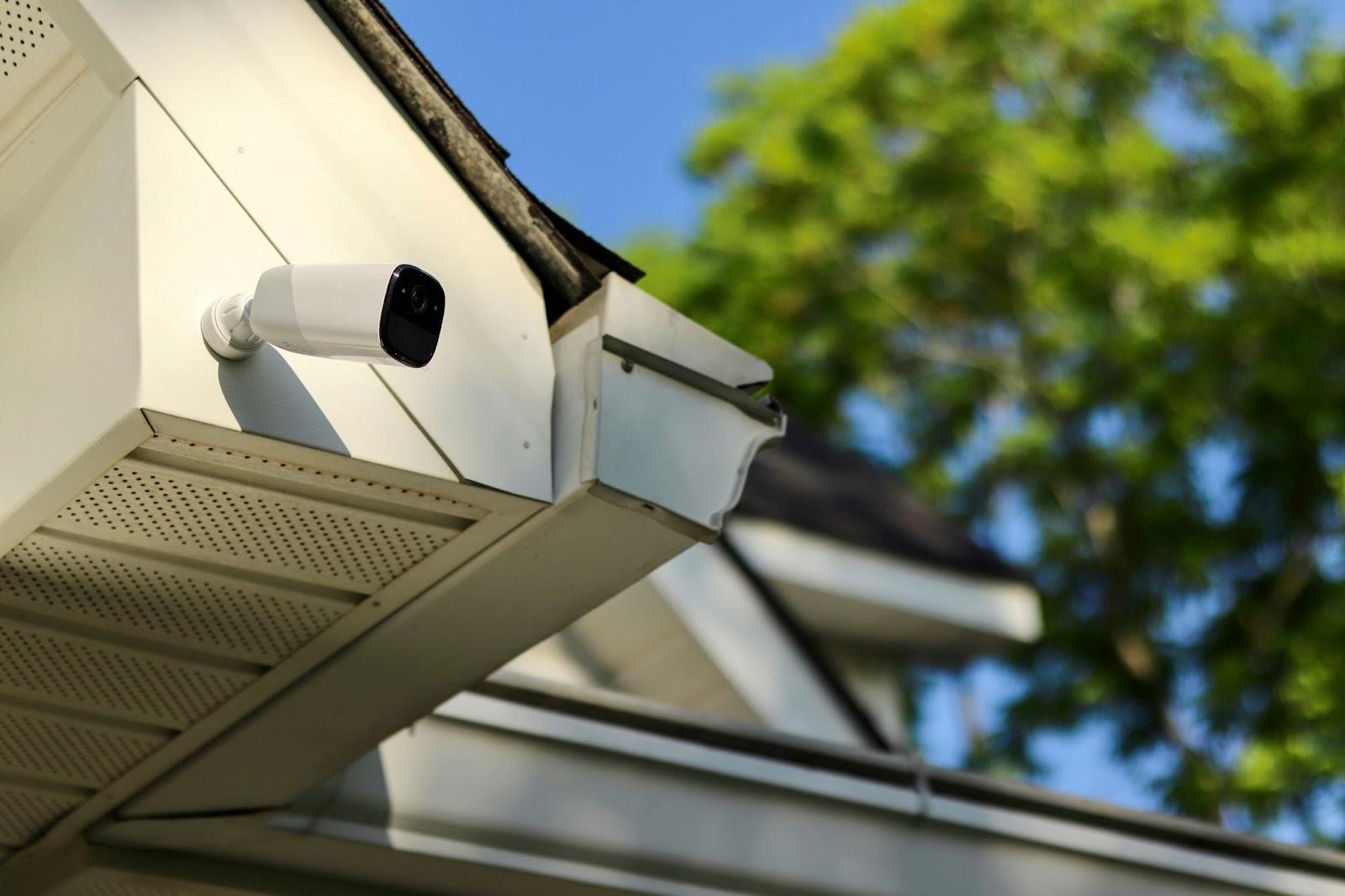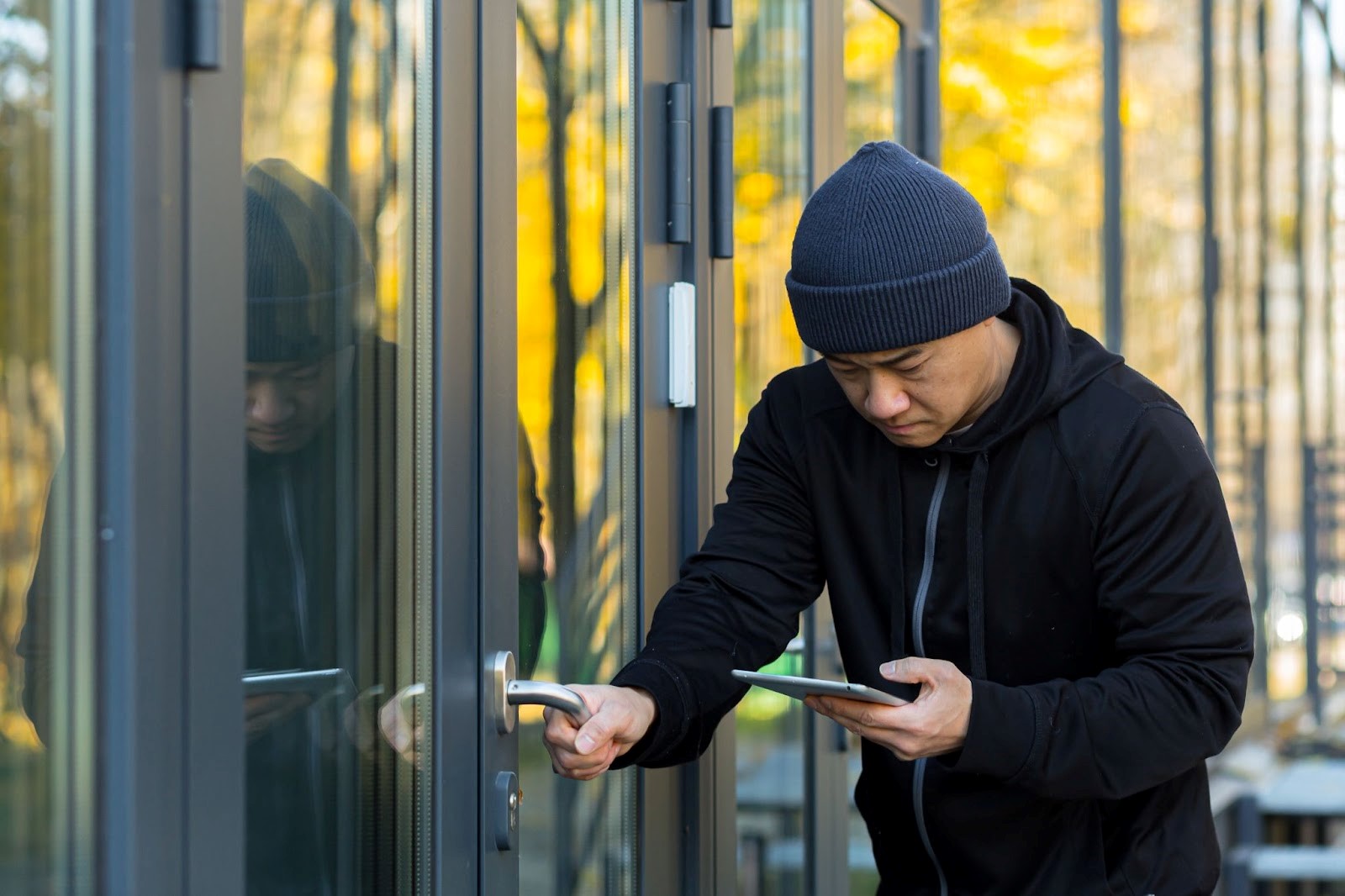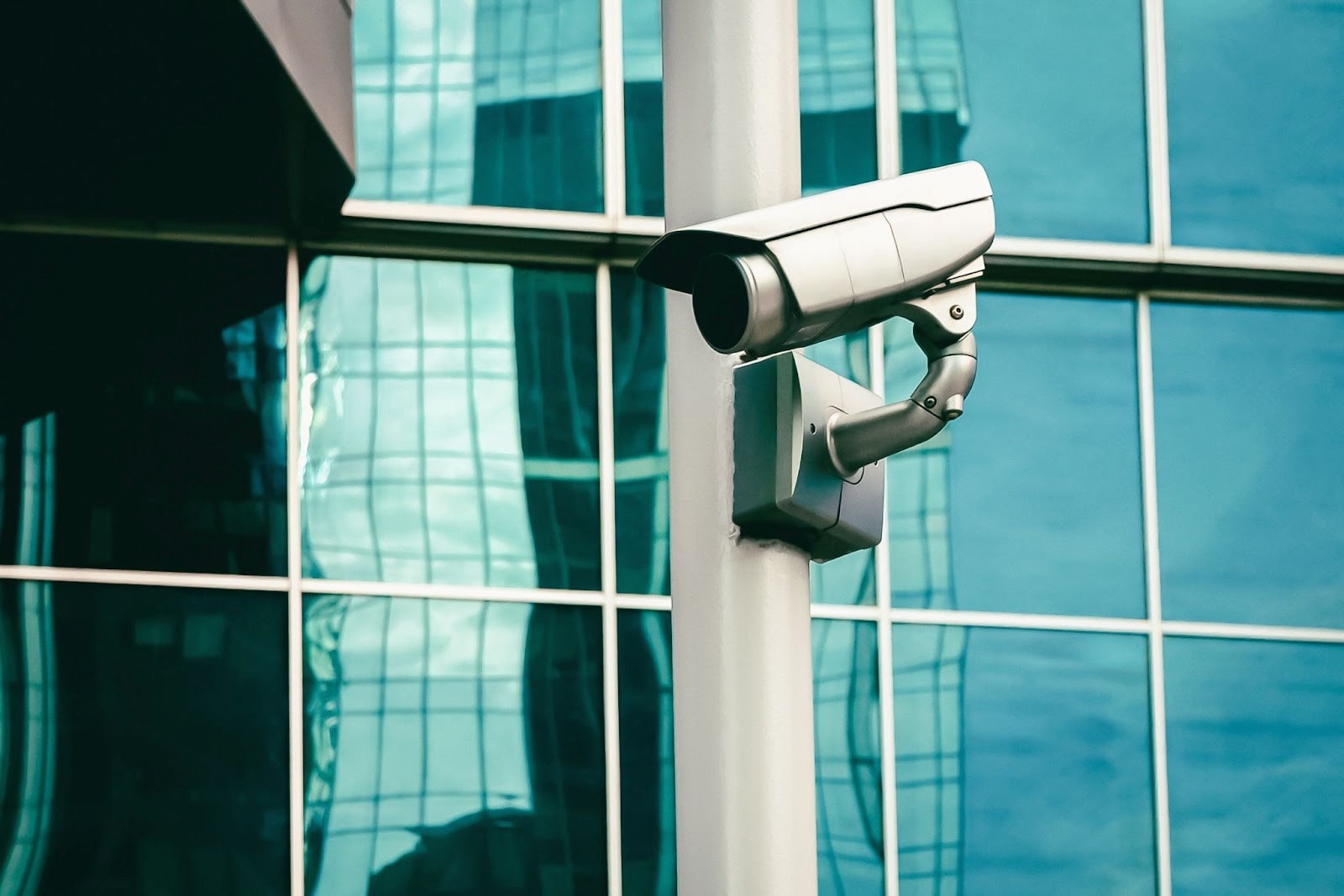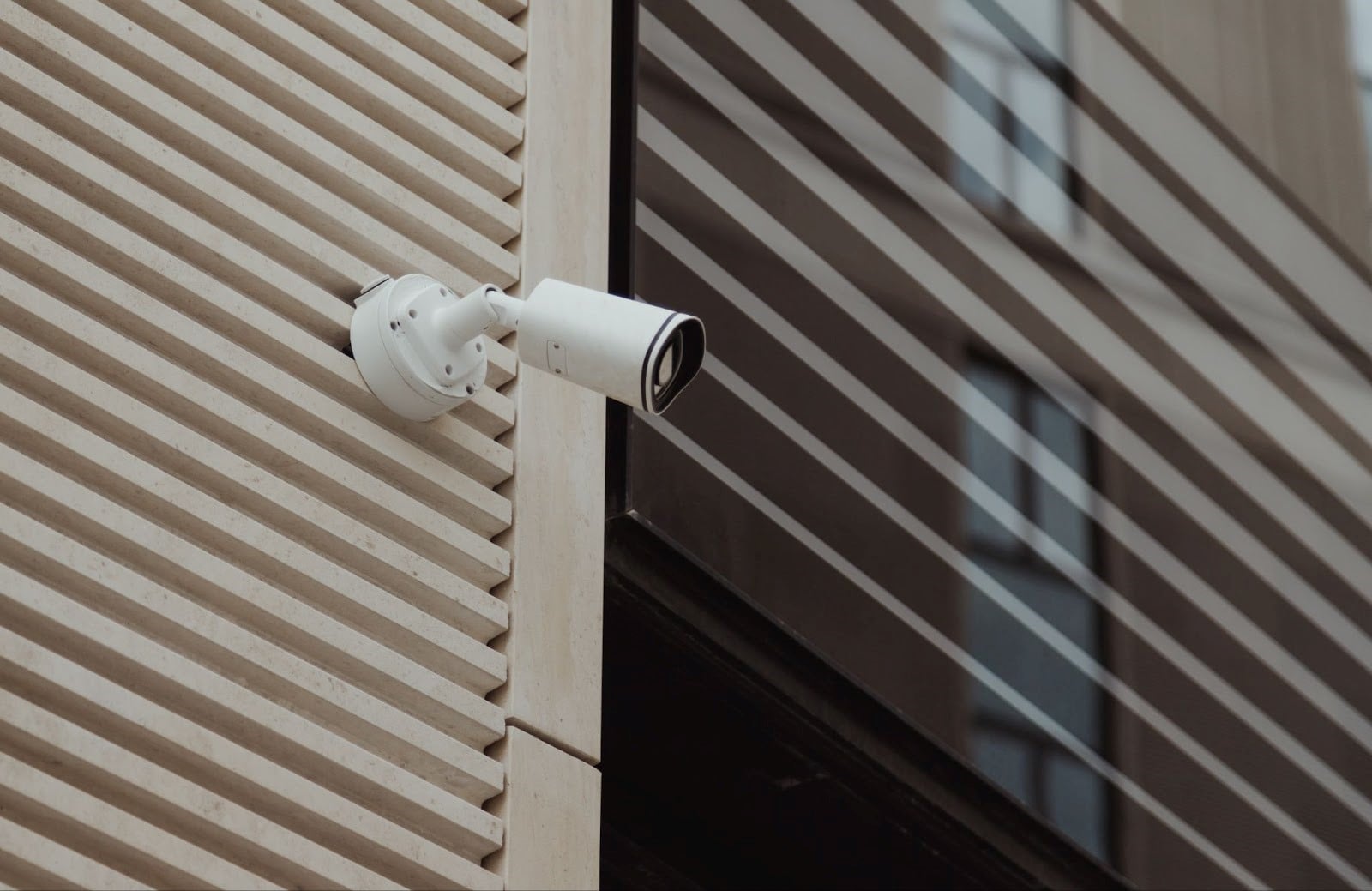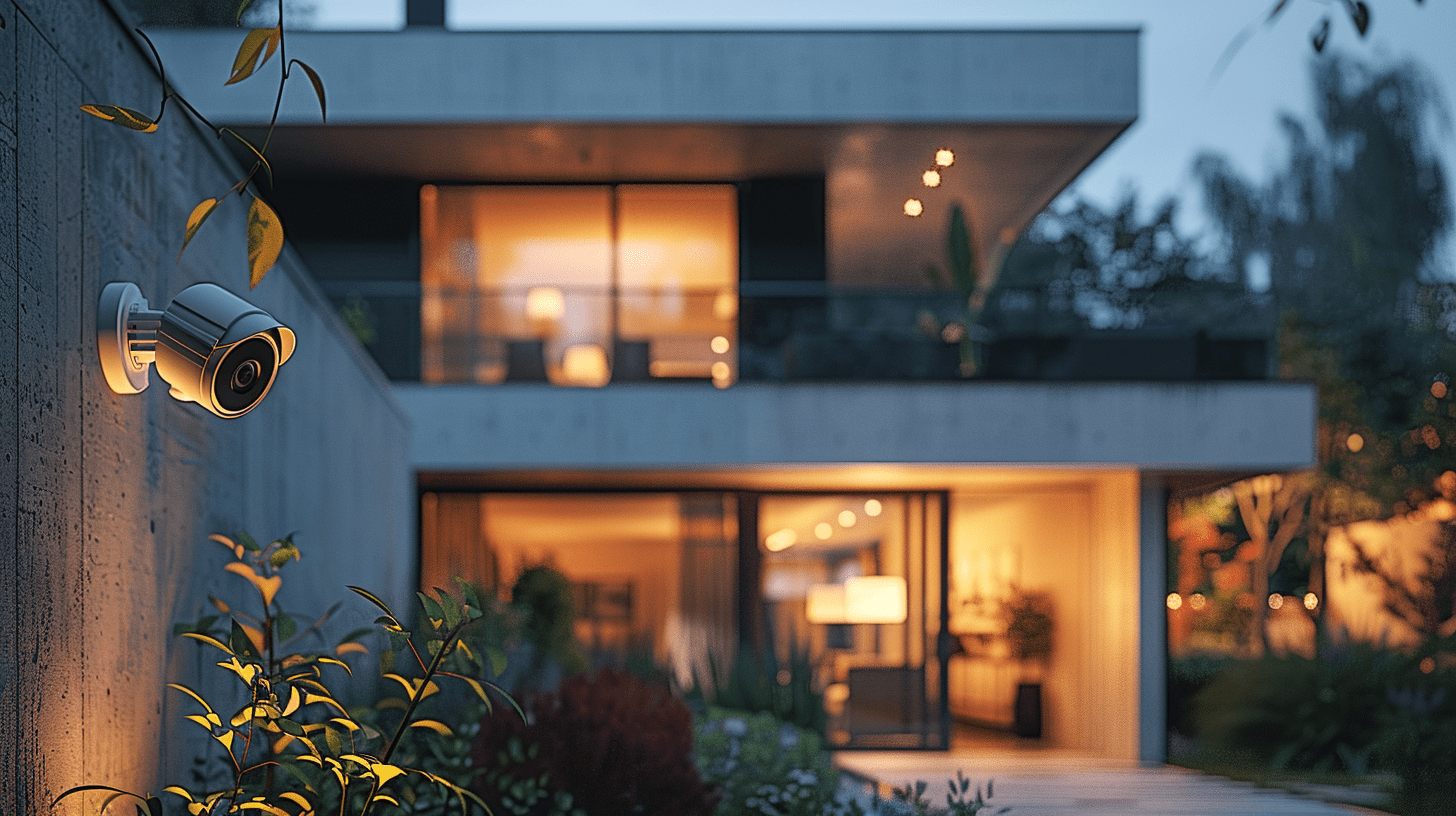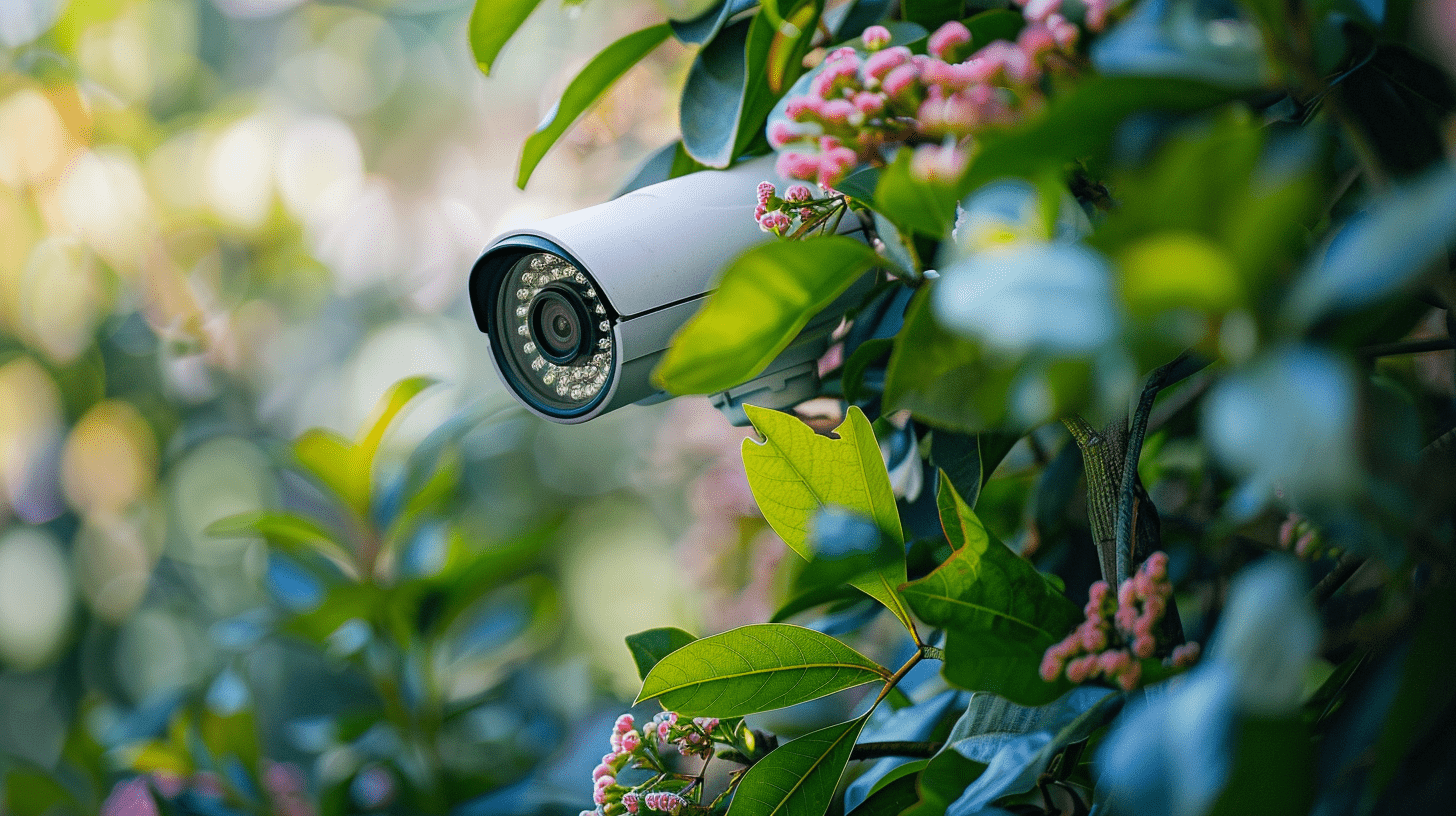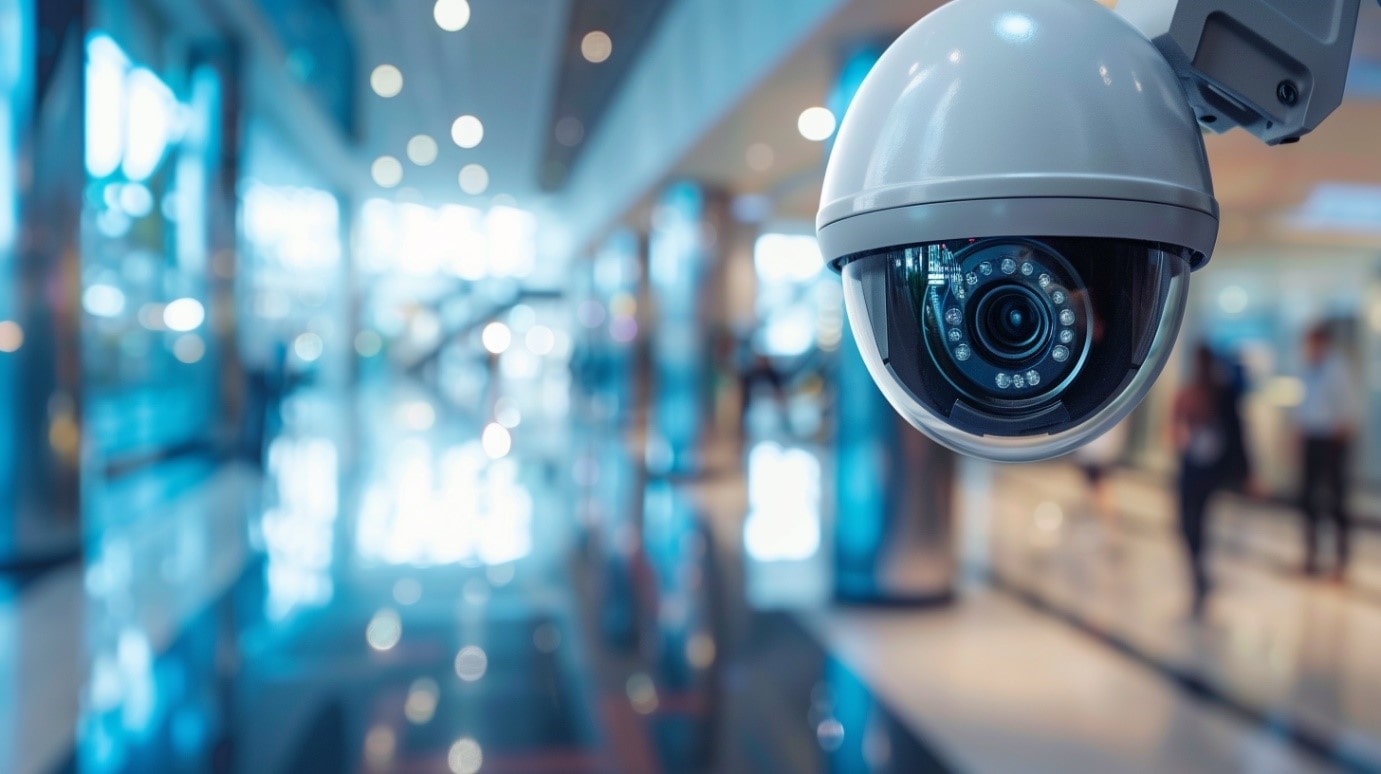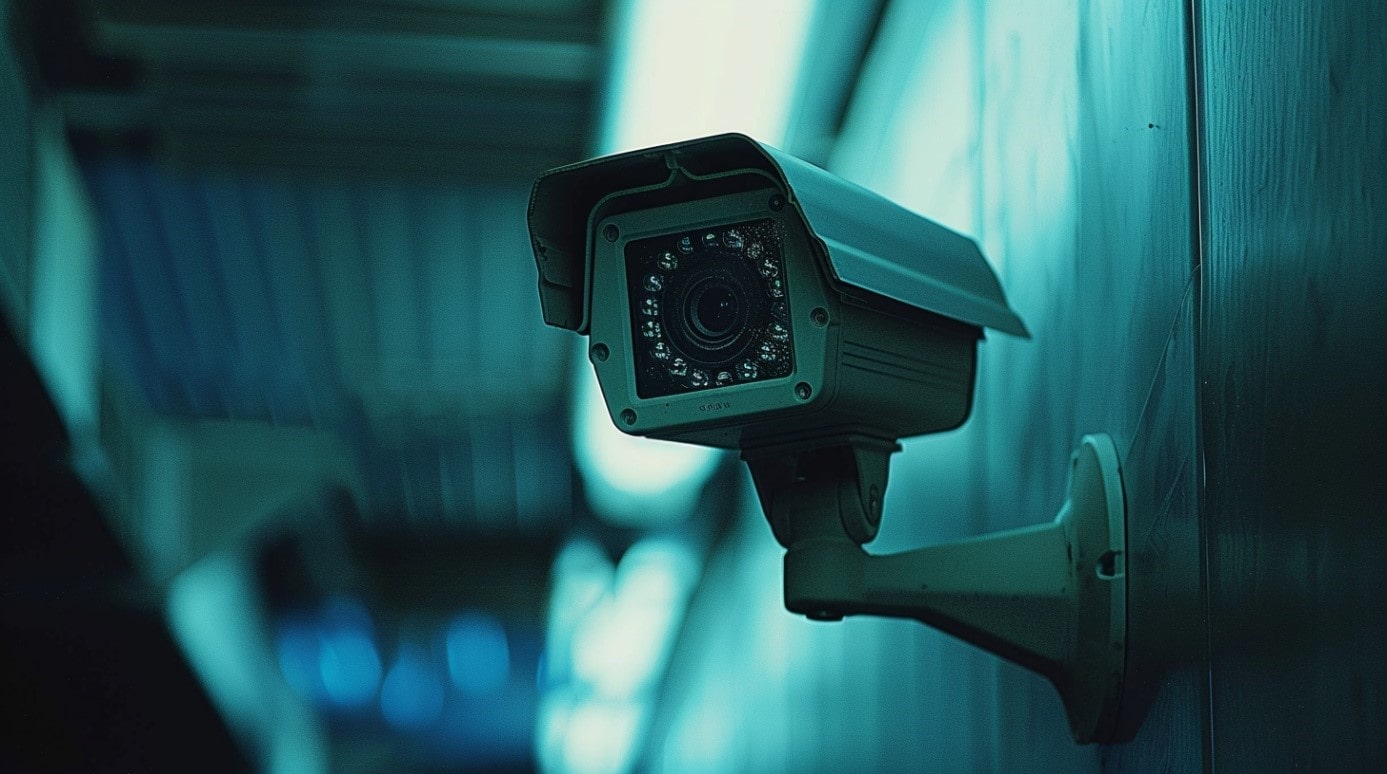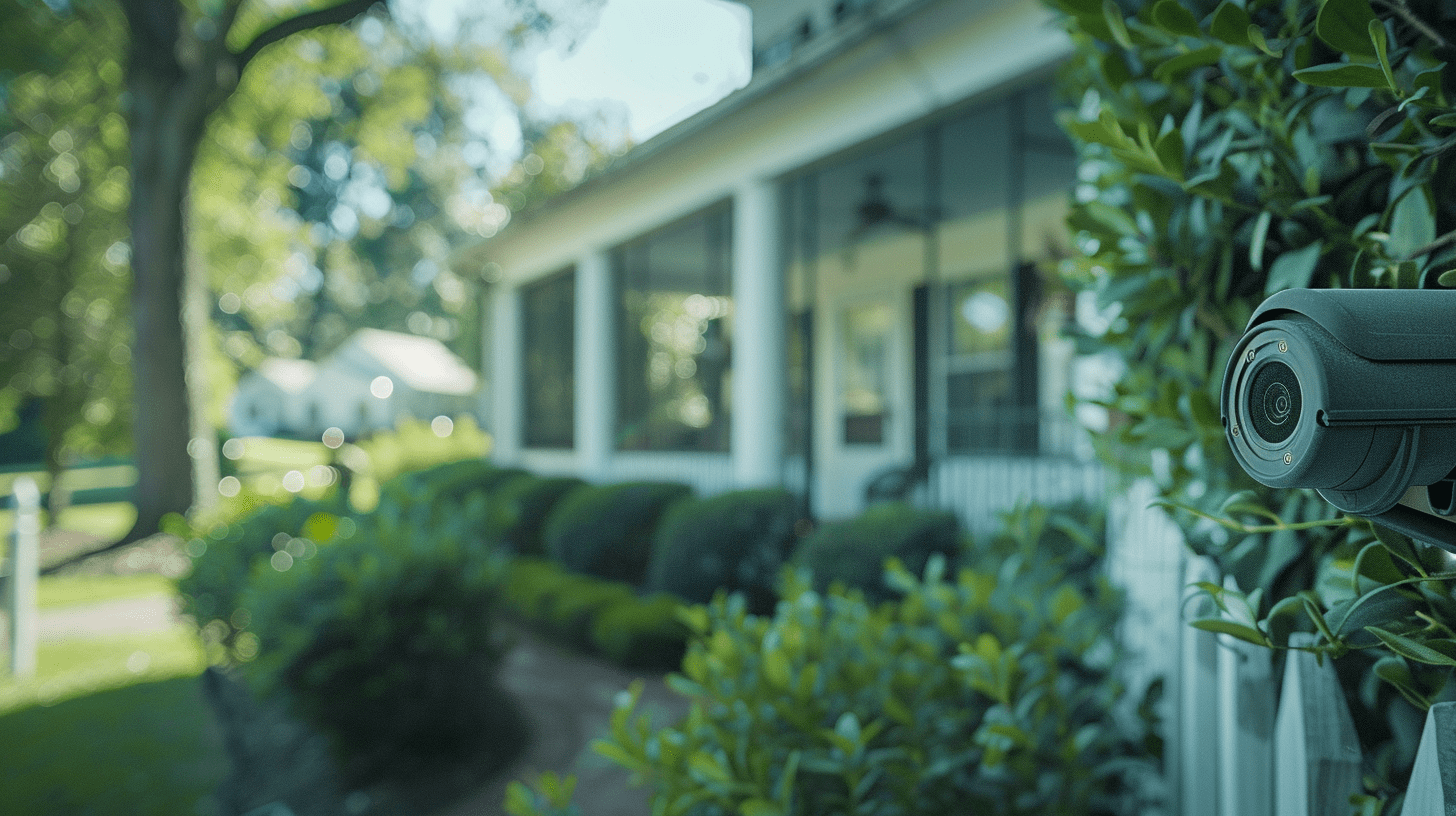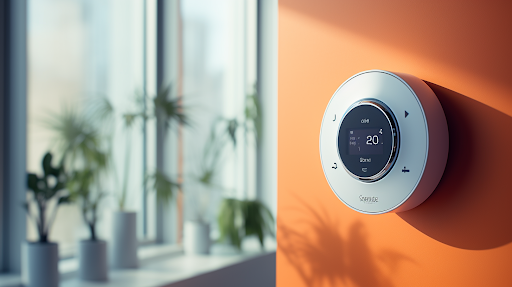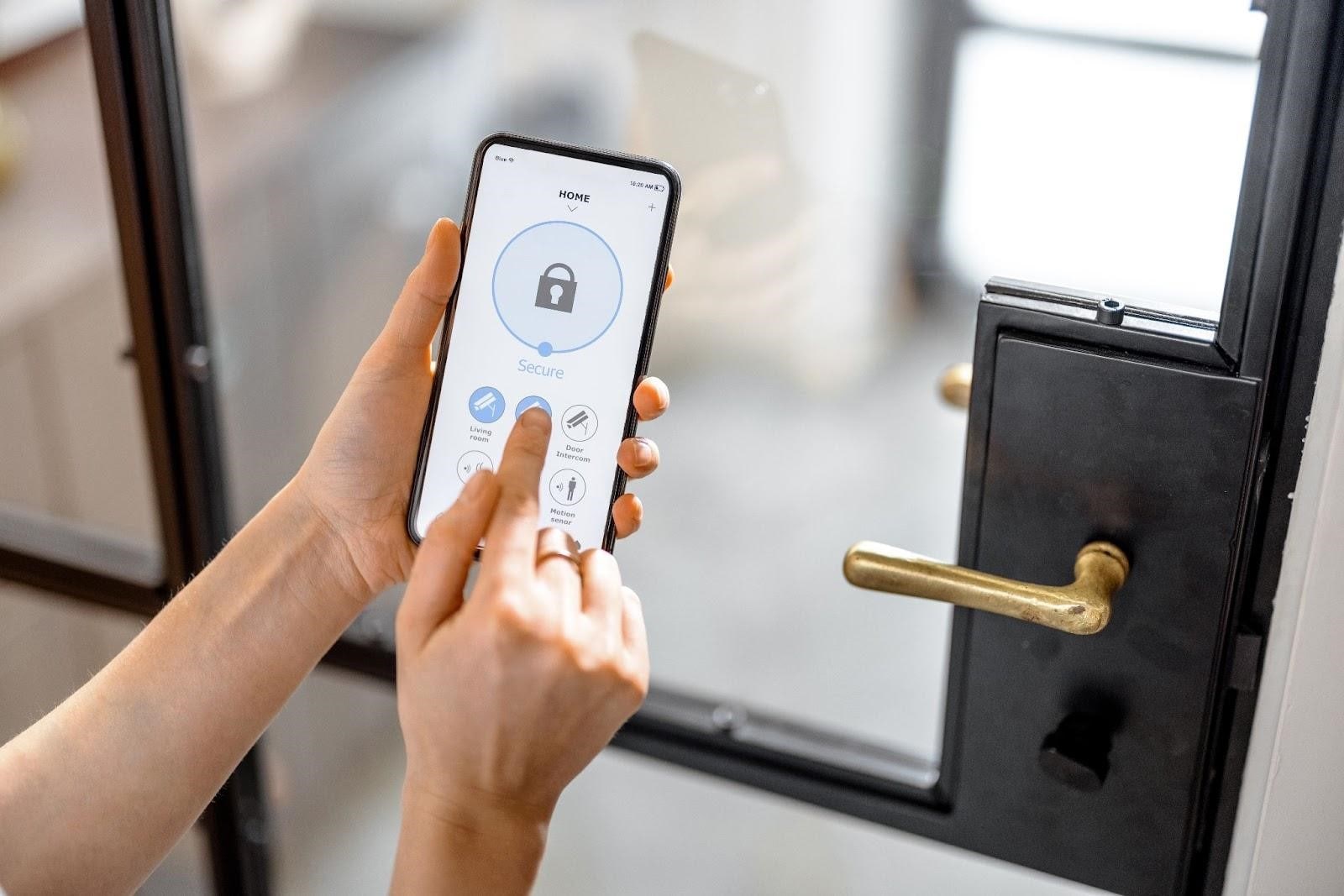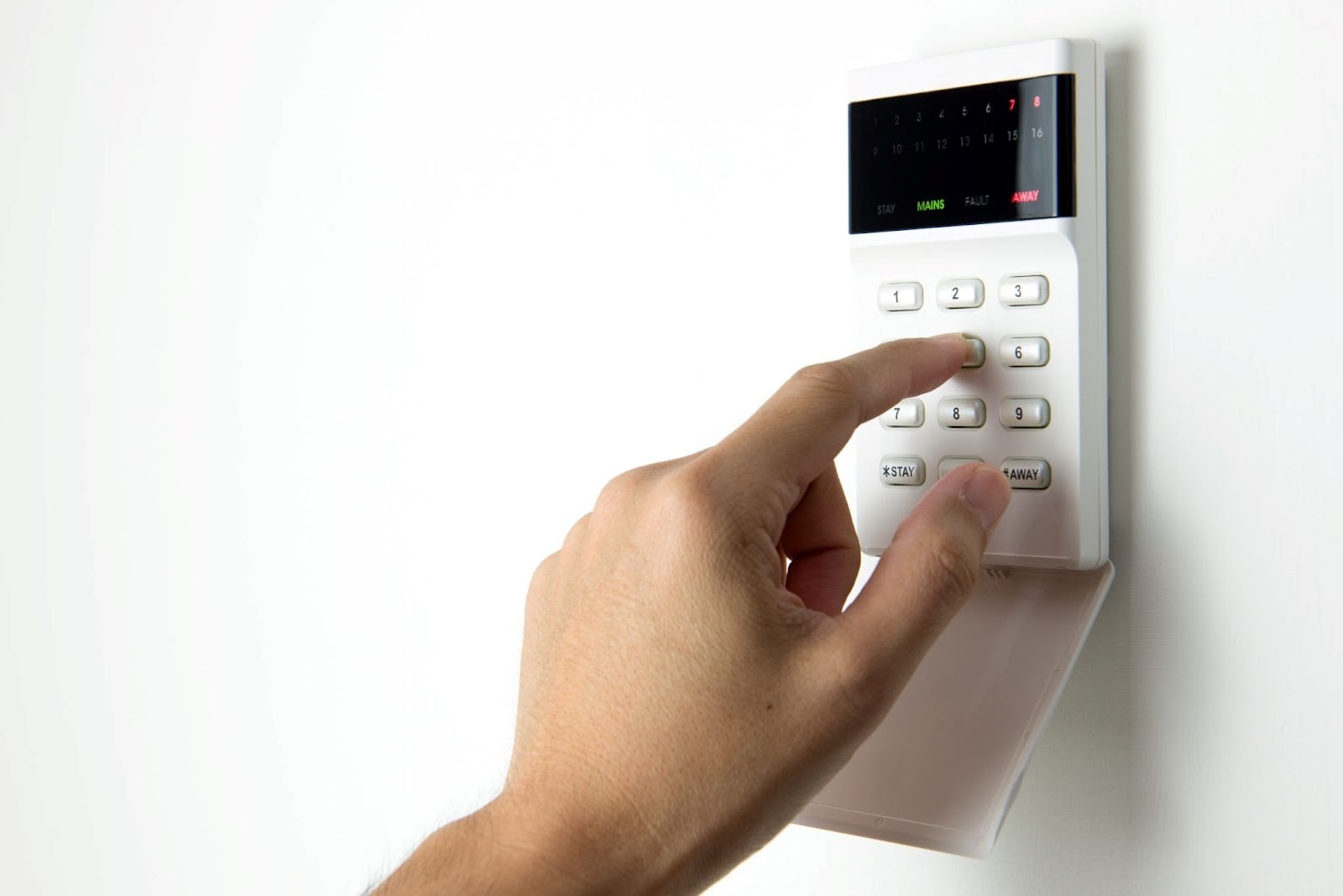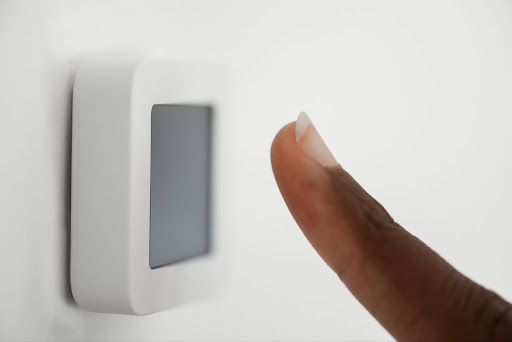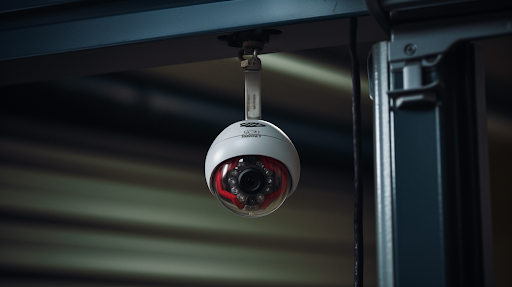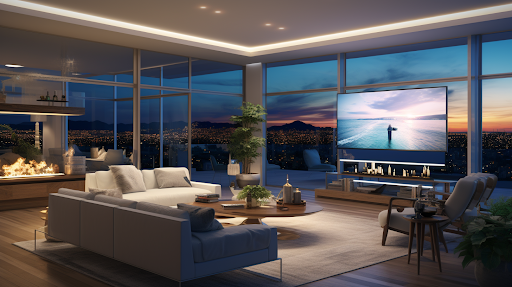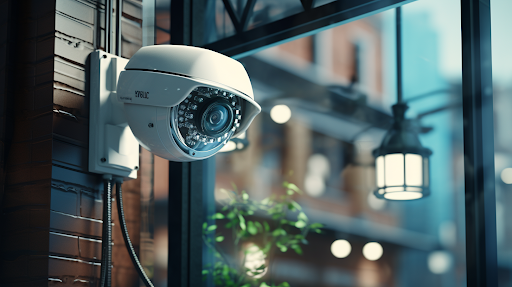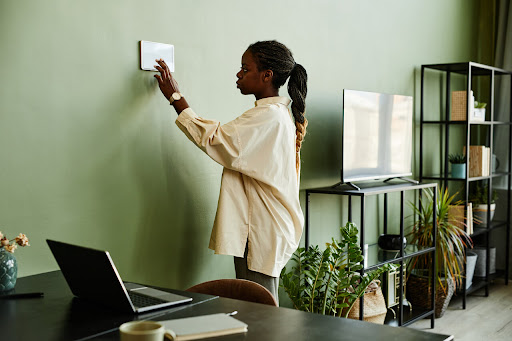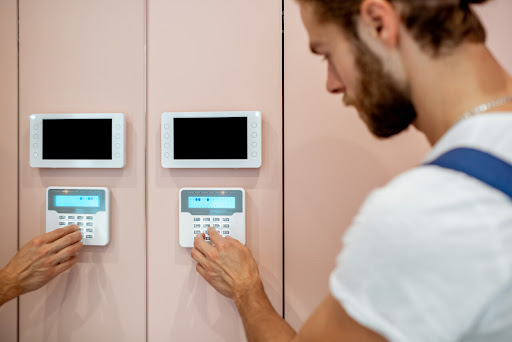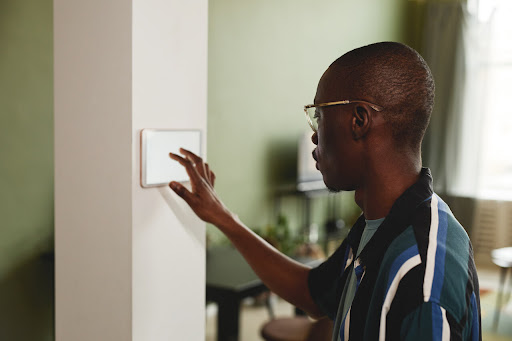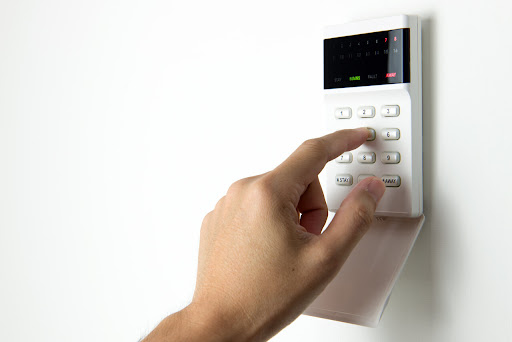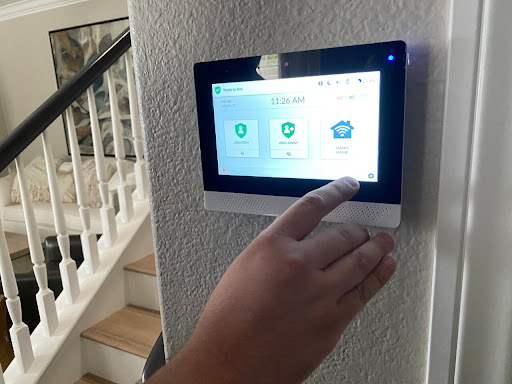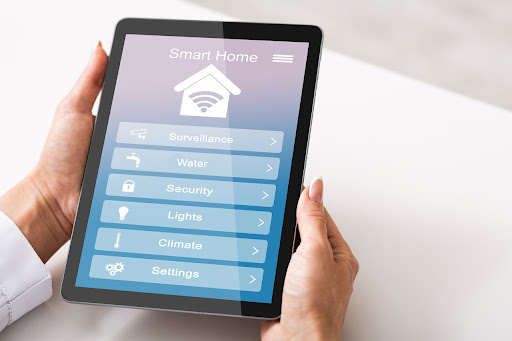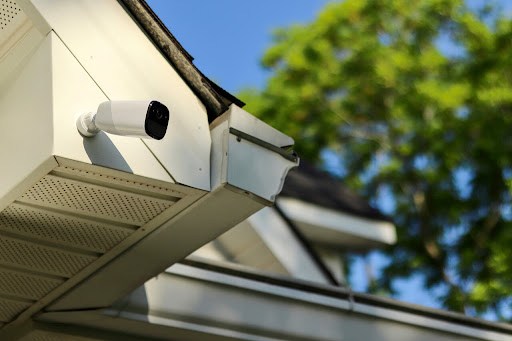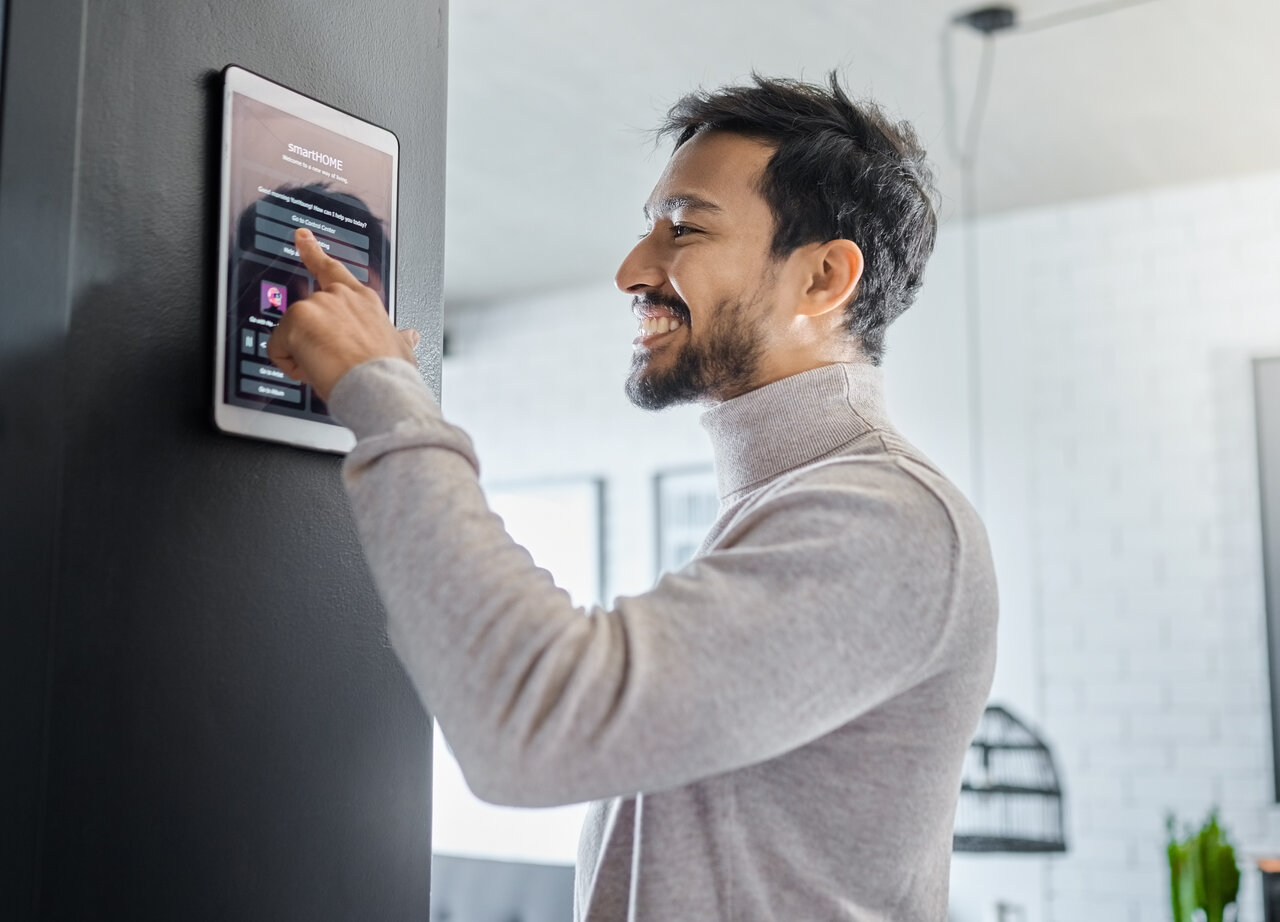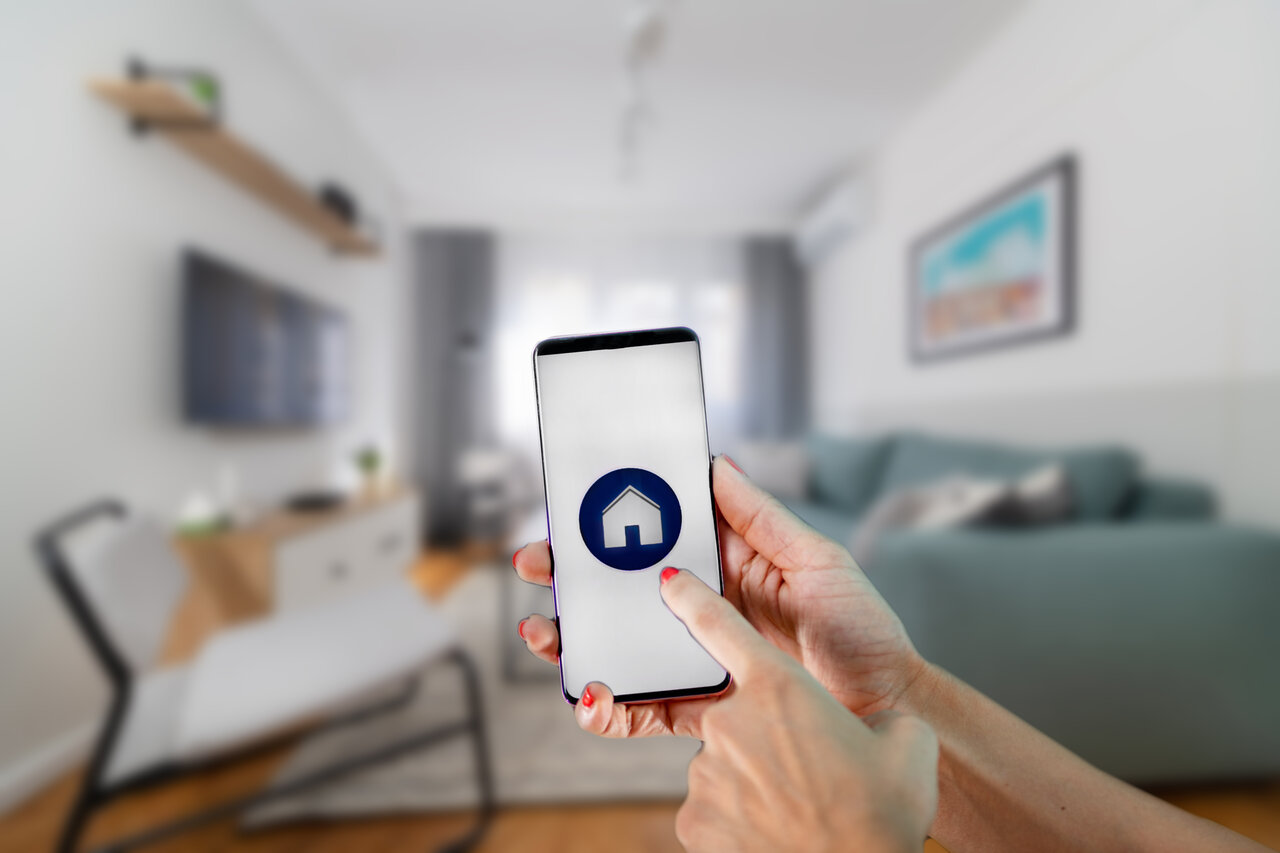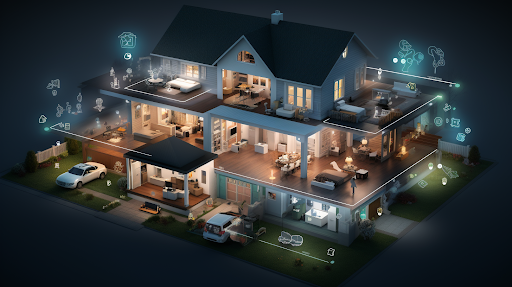
Can I customize my home alarm system to meet my specific needs?
Sommaire
- How To Create The Perfect Home Alarm System For Your Needs
- 1. Determine Your Specific Security Requirements
- 2. Consider Different Types Of Security Systems
- 3. Assess Your Home’s Layout and Entry Points
- 4. Explore Customizable Alarm System Features
- 5. Choose A Reputable Security Provider
- Invest In A Home Security System
Home alarm systems have become increasingly popular in recent years, providing homeowners with an added layer of protection and peace of mind. However, many people are under the misconception that these systems are one-size-fits-all solutions that may not meet their unique needs.
Fortunately, advancements in technology have made it possible to customize your home alarm system to meet your specific needs. Whether you live in a large house or a small apartment, have pets or young children, or simply want extra surveillance in certain areas, there are options available to tailor your security system accordingly. In this article, we explore the various ways you can customize your home alarm system to ensure it meets your specific requirements.
How To Create The Perfect Home Alarm System For Your Needs
Creating the ideal home alarm system tailored to your needs involves a strategic approach that combines careful assessment and informed decision-making. By evaluating your property’s vulnerabilities and selecting the right components, you can design a customized security solution that provides optimal protection and peace of mind.
1. Determine Your Specific Security Requirements
Determining your home security needs involves assessing the current security market to find a solution tailored to your requirements. With a wide variety of options available, including security alarm systems and wireless devices, the process begins by evaluating your property’s vulnerabilities, such as entry points and potential weak spots.
Consider factors like the neighborhood’s crime rate, your lifestyle, and the value of your possessions. This analysis will help you decide whether a comprehensive alarm system, outdoor cameras, motion sensors, or a combination of these tools best suits your needs. By understanding the range of security solutions and matching them to your specific circumstances, you can create a robust home security setup that ensures your peace of mind.
2. Consider Different Types Of Security Systems
Choosing the right type of security system for your home is crucial to ensure optimal protection. Different types of systems offer varying levels of detection and response, and the right choice depends on your specific needs. You should also consider the installation costs of various systems.
Here are some popular options:
Monitored Security Systems: These systems are connected to a professional monitoring service that watches over your home 24/7. If an alarm is triggered, the monitoring center is alerted, and they can dispatch emergency services if needed. This type of system offers a high level of security but often comes with monthly monitoring fees.
Unmonitored Security Systems: Unmonitored systems trigger alarms or notifications when a sensor is triggered, but they don’t connect to a monitoring center. Instead, they rely on you or your contacts to respond to alerts. They’re generally more budget-friendly but require your active involvement in responding to emergencies.
Wireless Systems: Wireless home security systems use wireless technology for communication between devices, making installation easier and more flexible. They often include components like cameras, sensors, and alarms that can be easily controlled and monitored remotely through a smartphone app.
3. Assess Your Home’s Layout and Entry Points
Understanding your home’s layout is crucial when customizing home security as it allows you to strategically place security devices and optimize their effectiveness. Different areas of your home might have varying levels of vulnerability, and knowing the layout helps you identify potential blind spots or areas that require extra protection.
By mapping out entrances, windows, and interior spaces, you can determine the placement of security cameras, motion sensors, and alarms to cover key points effectively. This tailored approach ensures that your security measures are well-suited to your home’s unique configuration, providing comprehensive coverage and enhancing your overall safety.
4. Explore Customizable Alarm System Features
One of the key benefits of a custom alarm system is the ability to add additional features that go beyond basic security. From advanced technologies like motion sensors and video surveillance cameras to smart home device integration, the options are endless. Here are some examples of additional features that provide an extra layer of protection:
Smart Door Locks: These allow you to remotely lock and unlock doors using your mobile device. This smart technology also allows you to receive alerts when someone enters or exits your home.
Smart Lighting: Integrated with your security system and manipulated through a central control panel, smart lights can be programmed to simulate occupancy, deterring potential intruders when you’re away.
Smoke Detectors and Carbon Monoxide Detectors: These can be integrated into your security system to provide alerts and notifications in case of fire or dangerous gas leaks.
Glass Break Sensors: These sensors can detect the sound of breaking glass and trigger the alarm, adding an extra layer of protection against forced entry.
Flood Sensors: These sensors can detect water leaks or flooding, alerting you to potential water damage issues.
Panic Buttons: You can install panic buttons in strategic locations, such as bedrooms, to quickly alert authorities in case of emergency.
Two-Way Talk: Some security systems offer two-way communication through cameras or control panels, allowing you to communicate with visitors or deter potential intruders remotely.
5. Choose A Reputable Security Provider
Selecting a reputable security company is vital when customizing your home security system due to their expertise in the security market. They offer professional installation whilst ensuring proper setup of components like window sensors, motion detectors, and wireless devices. Reputable providers also offer compatibility with smart home devices, such as Google and Amazon Alexa, enhancing remote control capabilities.
Their professional monitoring plans and cellular connections assure swift responses to incidents, reducing risks and potential insurance costs and increasing your safety. Moreover, established companies offer advanced features, such as video doorbells, complete home security systems, and outdoor cameras. Ultimately, relying on trusted professionals guarantees a comprehensive, reliable, and effective home security solution.
Are home alarm systems effective in deterring burglaries?
Invest In A Home Security System
If you are looking for a comprehensive security system to have peace of mind, Sting Security has you covered. Our most popular security package includes professional installation for a seamless setup, ensuring all components function optimally.
With 24/7 professional monitoring, your home remains safeguarded around the clock. Our mobile app allows remote access and control, enhancing convenience. This package incorporates three door contacts and two motion detectors, covering key entry points and movement areas.








